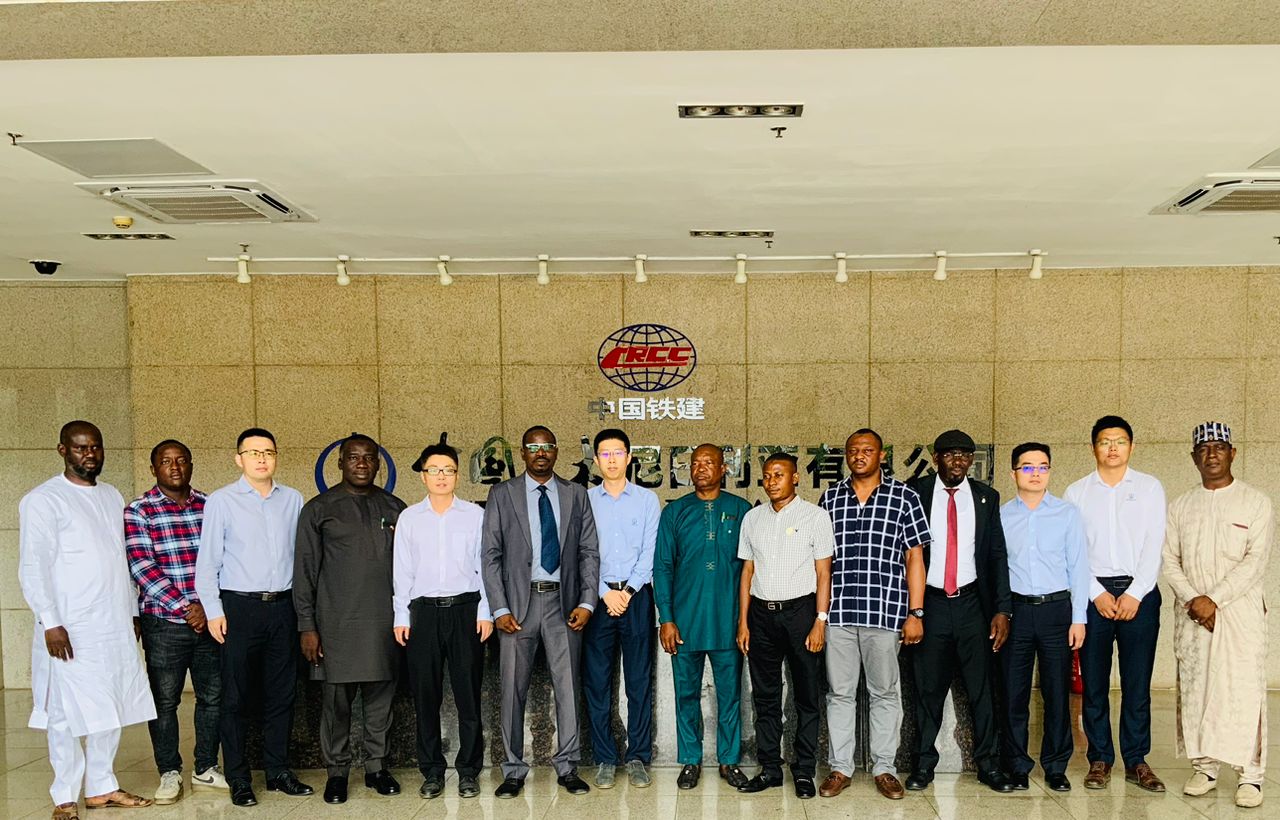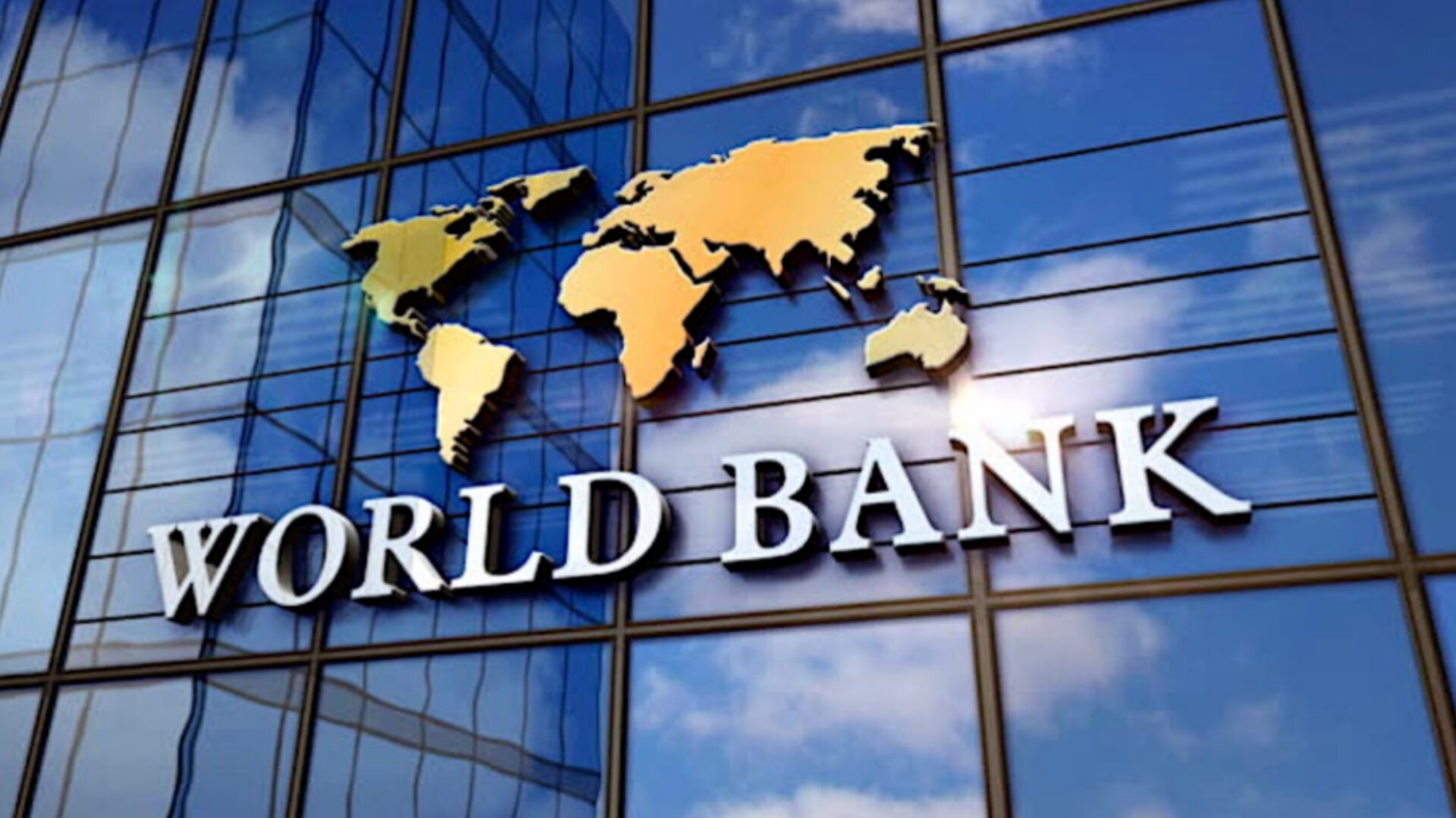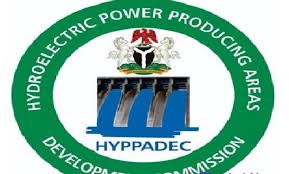*** The partnership promises to make the State an industrial hub
The Kogi State Government and the Chinese Construction giant, CCECC have entered in to an accord that will bolster business relationships in the areas of planning, financing and execution of transport infrastructure in the state.
The meeting took at the headquarters of the China Civil Engineering Construction Corporation along Airport Road, Abuja on Thursday
The Executive Officer of the Kogi State Investment Promotion and Public Private Partnership Agency, Abdulkareem Siyaka who led the government’s delegation disclosed that the first line of business upscaling and partnership is the construction of Inland Transit Port in Lokoja to link Warri – Burutu/Port Harcourt via Onitsha.

This he said will rapidly develop the movement of agricultural produce and solid mineral cargo to and from northern and southern Nigeria.
He said the partnership was in line with the Kogi State’s medium-term economic development goals which within a 5-year time frame will want to rapidly develop her infrastructure outlay, citing transport infrastructure as the bedrock of economic development.
While interacting with newsmen at the end of their meeting, Abdulkareem said the upgrade of Adogo Airstrip to a commercial Cargo Airport to facilitate growth in cross-border trade and investment and boost real sector productivity was discussed.
Another infrastructure to be executed under the partnership is the construction of Electrified Rail Project between Jeba and Lokoj.
This will reduce haulage costs within Nigeria by freeing excess pressure on road transport infrastructure.
Speaking on the business models, Abdulkareem stated that Kogi State is in the process of building its economy from a conservative civil service state to an Industrial giant in northern Nigeria.
He said the ‘Build -Operate-Transfer’ model or similar model that will be economical for both parties would be ideal while involving the Federal Government to provide sovereign guarantees including counterpart funding in any or all the projects.
On his part, the Deputy Managing Director of CCECC, Guo Wenjun commended the state government for its vision while expressing readiness for the relationship.
He noted that the Kogi State Government has been a friendly business partner of CCECC over the years with mutual understanding and benefits.




